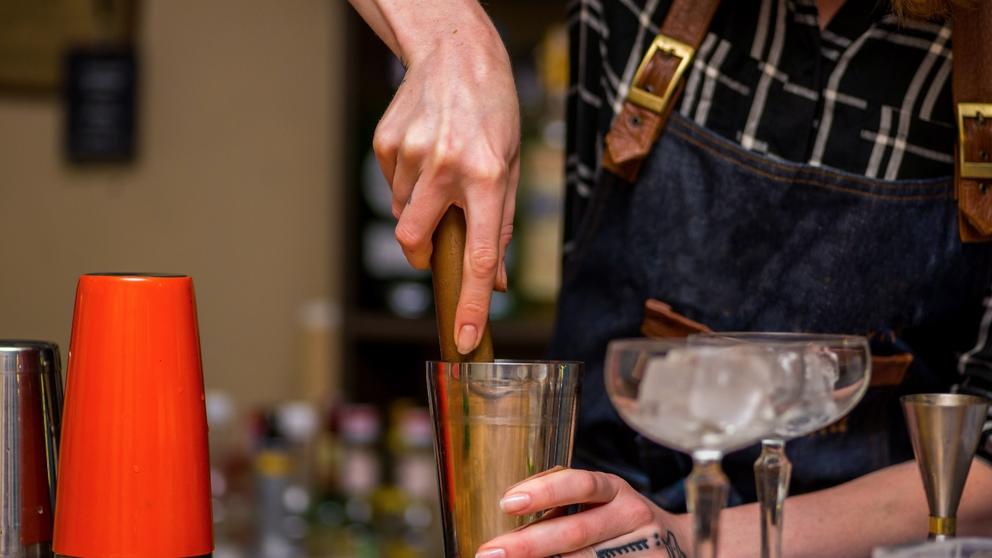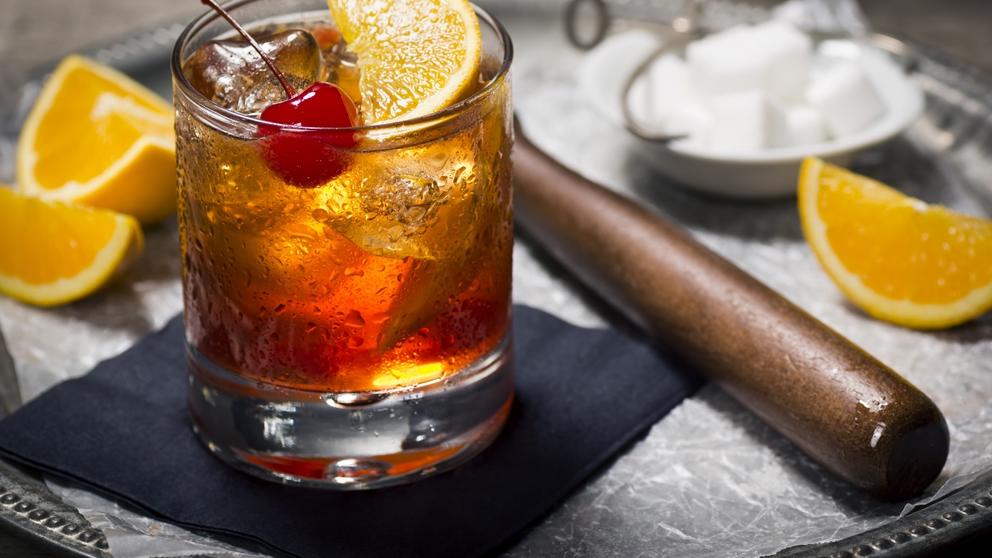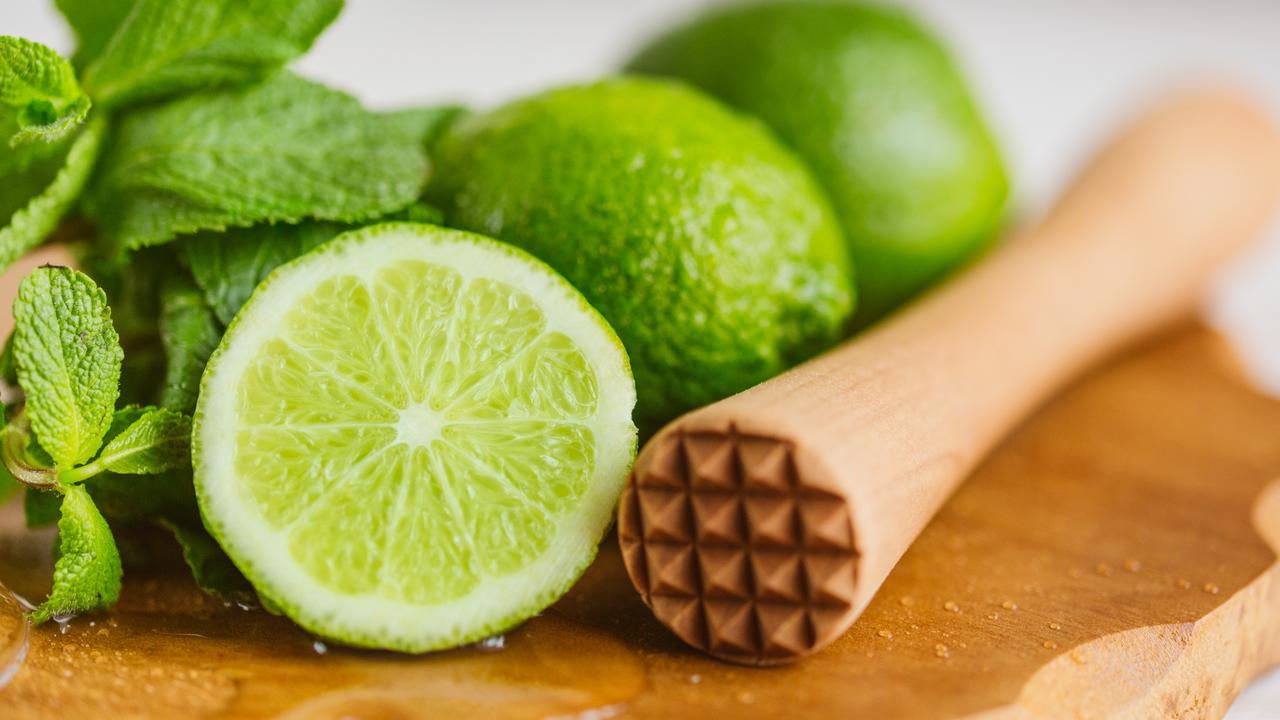The Muddler is the oldest and most rudimentary of bartending tools and its necessity behind the bar is not to be understated. The Muddler is used to extract flavours and aromas from delicate herbs and fresh fruits, as well as to integrate granulated or cubed sugar into cocktails; all achieved through the process of muddling. For such a simple tool there are a lot of variations of The Muddler out there on the market. Choosing one for your home bar or your working bar depends on a variety of factors. Never fear! All are discussed below.
The History
The muddler is the modern evolution of the toddy stick, a multi purpose tool found behind the bar in the eighteenth century. As a result, The Muddler is the true OG of bar tools, existing long before any of the other tools you find behind the modern bar. The muddler’s survival is down to its ability to adapt to a changing environment. With the arrival of commercial ice in the early 1800s and the changes it brought to cocktail culture, the everyday uses for the toddy stick were out. However, the bartender needed a tool to help him incorporate fresh fruit and herbs into his new, chilled concoctions. The toddy stick showed its versatility and since then it has evolved, ever so slightly, into the modern muddler we use today.
Put to Use
To muddle is to crush fruit, bruise herbs or crush and mix sugar. Doing these things helps to integrate the fresh flavours of these ingredients into the drink. The flavours and freshness provided by muddling these ingredients is unmatched, even when using juices, essences or syrups of the same ingredients.
The Elements of a Muddler

The Muddler is available in a huge variety of styles, yet a few small variations making the big differences. So what should you look for in a muddler?
Head Style - The head is the business end of a muddler and there are two main styles of head available, flat and toothed. Flat heads muddle slower, with more precision and allow less chance for over-muddling, especially with herbs. Toothed, spiked, or textured heads allow for effective crushing and juice extraction from fruit, but will quickly over-muddle herbs if not used carefully.
Length - Undoubtedly the second most important feature of a muddler, behind the head. More often than not, you’re muddling in old fashioned or collins glasses, but when the time comes to muddle in a cocktail shaker or shaker pint glass you’re going to want a longer muddler to stop you painfully banging your knuckles on the edges of said vessel.
Material - Wood, plastic and metal are your main options here. On a high volume, working bar, and maybe even at home, you’re going to want to purchase a plastic or metal and dishwasher safe muddler. For bars looking for that old, authentic feel, wooden muddlers complete the bill. However, they do require hand-washing and quick drying to ensure longevity.
Style - Muddlers are now available in a myriad of styles. Style is really down to personal preference, however grip is an important stylistic element to consider when buying a muddler. If buying for a working bar, a thicker muddler rather than a fancy, skinny one allows for more control and easier usage. At home, where a muddler will get less used, the choice is up to you.
There are also muddling spoons available, which are bar spoons with a flat muddling head on the opposite end to the spoon. These are excellent multi-functional tools yet they’re not as easy to use as muddlers themselves.
How to Use a Muddler
The main takeaway from the art of muddling and using a muddler is not to over-muddle; that means, to muddle too much and release bitter, astringent and unwanted flavours from the ingredients.
For Herbs - Place herbs in the bottom of the glass with a dash of liquid, usually simple syrup or soda water, and gently press the muddler into the herbs whilst twisting your hand up to half a turn. Remember, you want to bruise herbs, not shred them; shredding them will bring out the unwanted flavours mentioned above. The bruising will be visible on leafy herbs and herbal aromas who always become more pronounced after muddling. With a toothed muddler one or two muddles will do the job, whilst flat muddlers may take up to four or five turns to produce the desired results.
With Fruits - Add the fruit to the glass - with fruit liquid is not necessary but often added - and press the muddler forcefully into the fruit whilst twisting your hand up to a half turn. When muddling fruit, especially berries, the aim is to crush the fruit, not necessarily to pulverise it, and extract the juices so that they can be incorporated into the cocktail. It is hard to over-muddle fruit but it can be done. When muddling citrus fruits be careful not to destroy the rind and pith. Whilst these do have a lot of flavour which you’ll want to extract, over-muddling these parts of citrus fruits can result in bitter and sometimes soapy flavours, bllerrrghhh!
When Sugar is On the Agenda - Place the sugar cube at the base of the glass and add some liquid for the sugar to dissolve into; more often than not this is bitters, soda water or both. Take the muddler and give the sugar cube a hard stab so as to break it apart, this may take more than one shot and getting the power ratio right takes practice. Once the cube is broken into smaller pieces, proceed to pound lightly on these until they’re of stir-able and dissolve-able size. Then simply use the muddler to stir and dissolve the sugar particles into the liquid. If using granulated sugar skip straight to the last step. Sugar, as you’ve probably worked out, can’t be over-muddled.
Common Cocktails

Classic and common cocktails that call for muddling and the use of a muddler are listed below along with the ingredients that need to be muddled.
- Old Fashioned: Sugar and sometimes fruits
- Mojito: Citrus fruit and herbs
- Mint Julep: Mint
- Whiskey Smash: Citrus fruit
- Caipirinha: Sugar and citrus fruit
- Caipiroska: Sugar and citrus fruit
Muddling, like all skills, requires practices to obtain mastery as it is a skill that you get the feeling for over time. So get yourself a muddler, pick some of the cocktails above and begin practicing your muddling techniques. You can even find other recipes that call for different fruits and herbs than the ones above and really test your muddling skills!

